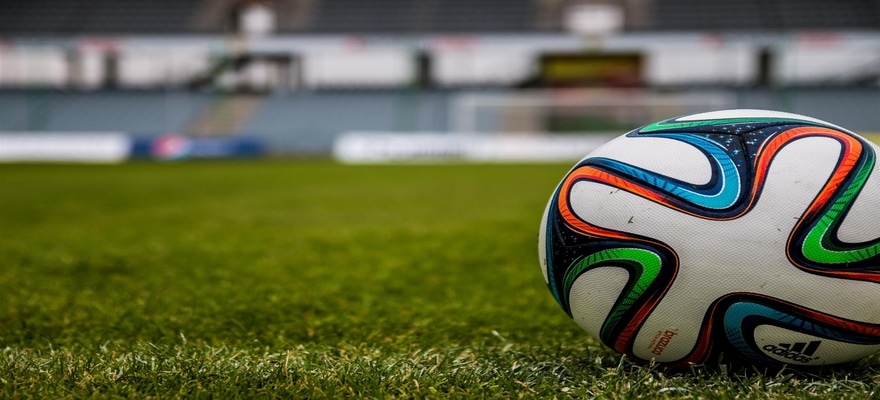A pre-ICO cryptocurrency company plans to achieve success by purchasing football clubs and making its token the only method of payment in their stadiums.
Fortes fortuna juvat
Libereum is an Ethereum -based cryptocurrency which predicts that it "will become one of the top 10 Cryptocurrencies within the first twelve months after we have gained ownership of the first club." Its motto is 'fortes fortuna juvat', Latin for 'fortune favours the brave', which is perhaps fitting because its aims are very ambitious.
According to its website, it intends to make the Libereum the "mandatory" payment "in and around the stadiums" of the clubs that it owns. It will also offer sponsors and partners "Libereum Only” contracts, advertise itself on the players' kits, and make Libereum the currency used in player transfers.
Cem Kumlar, the founder of Libereum, announced two impending partnerships on the company's Facebook profile a few days ago. According to Dutch sport publication Voetbal International, the clubs are Elche Club de Futbol of Spain and Roda JC Kerkrade of the Netherlands.
Elche FC, founded in 1923, was relegated from the country's first division (Primera División) as a punishment for unpaid tax debts, and the year after that was relegated again. It managed to gain promotion to La Liga 2 in the 2017-18 season.
Roda JC, founded in 1962 and affectionately known as "the coal-miner's club", currently plays in the country's third division (Tweede Divisie). It was relegated from the Eredivisie in 2014 and then from the Eerste Divisie in 2018.
Aiming for small clubs seems a realistic business decision; Russian businessman Roman Abramovich paid £60 million for English side Chelsea FC in 2003.
A stake in every club
According to the Libereum white paper, the company has engineered a total of 50 million LIBER tokens and intends to sell them in stages.
The first stage is the ICO pre-sale, where it will sell 10 million at a price of $0.90 each. There is a minimum purchase of 5,000 tokens ($4,500) and a maximum of 1 million ($900,000). Following this will be the ICO itself which will be split into five stages. In each stage, 8 million tokens will be sold for a higher price each time (beginning at $0.90 and ending at $3).
The whitepaper says that "every person who owns Libereum will get a stake in every club."
Co-owner Rob Ploum, a 29-year-old from Vaals in the Netherlands, told Voetbal International [translated from Dutch]: "Cryptocurrency is normally accompanied by anonymity, [but] we are just as transparent as possible. I just stand with my big head on the internet and we work with an independent third-party foundation, under the supervision of a notary. We have no secrets for the authorities. The KNVB may even know my color underpants."
He also claimed that investors have already pledged 5 million euros and that the company is in talks with football teams in Romania and South Korea. "Big things are happening. Unique things," said Ploum.
Cryptocurrency and football
Cryptocurrency companies have been making a lot of sport sponsorship deals recently.
Players at Gibraltar FC (Gibraltar) will be able to receive their wages in cryptocurrency as a result of a partnership with budding mobile banking application Quantocoin, players at Wolverhampton Wanderers (England) will soon sport the logo of cryptocurrency exchange CoinDeal on their sleeves, and players at Eintracht Frankfurt (Germany) will see the logo of brokerage eToro displayed on the LED screens of the Commerzbank-Arena while they play.


















